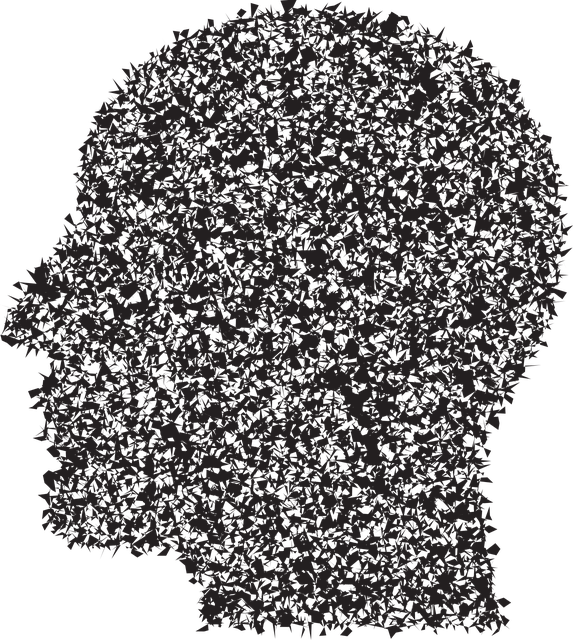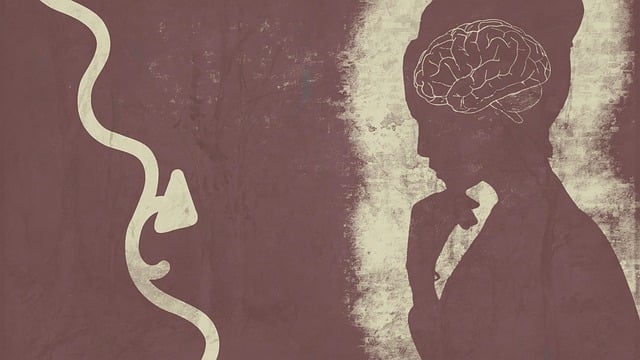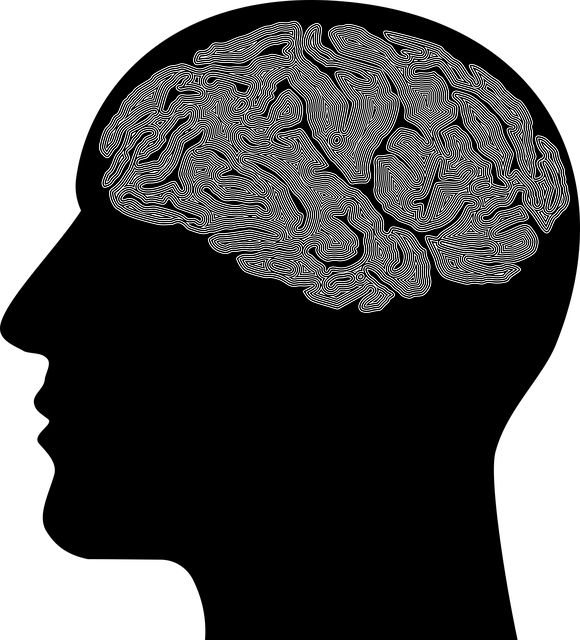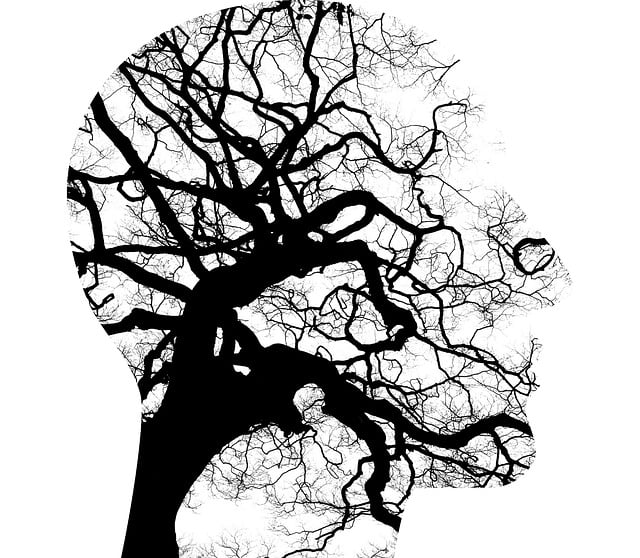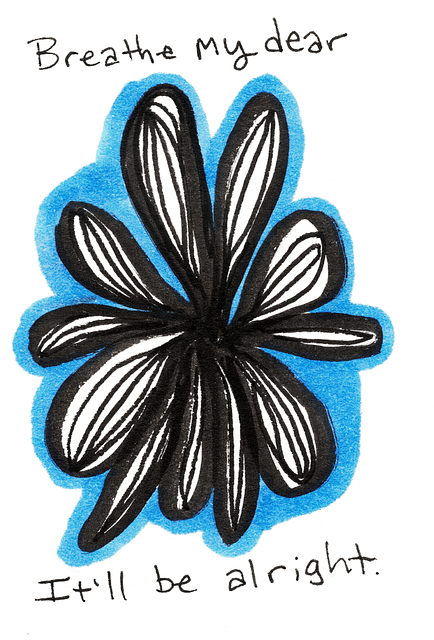Parker Geriatrics Therapy leads in addressing healthcare disparities through its comprehensive community outreach programs. These initiatives provide holistic care, focusing on mental wellness support, social skills training, and emotional regulation assistance, empowering vulnerable populations to manage their health. Their successful strategies include depression prevention, Mental Wellness Journaling Exercises, and creating safe spaces for dialogue, leading to enhanced quality of life and a sense of belonging. By assessing community needs, building partnerships, and tracking key performance indicators, Parker Geriatrics Therapy ensures its programs are effective, sustainable, and aligned with community well-being goals.
Community outreach programs play a vital role in enhancing healthcare accessibility, addressing diverse needs, and fostering community engagement. This article explores their significance, offering a detailed look at the successful Parker Geriatrics Therapy initiative that revolutionized senior care through innovative community outreach. We’ll delve into strategies for implementation, provide best practices, and discuss methods to measure the impact of such programs, highlighting key insights from the case study.
- Understanding Community Outreach Programs: Their Role and Impact in Healthcare
- Parker Geriatrics Therapy: A Case Study on Effective Community Engagement
- Strategies for Successful Implementation: Tips and Best Practices
- Measuring Success: Evaluating the Effectiveness of Community Outreach Programs
Understanding Community Outreach Programs: Their Role and Impact in Healthcare

Community outreach programs play a pivotal role in healthcare, bridging the gap between medical services and underserved communities. These initiatives are designed to improve access to care, promote health education, and foster overall well-being. At Parker Geriatrics Therapy, we recognize that addressing healthcare disparities requires more than clinical expertise; it demands a holistic approach that considers social, emotional, and psychological factors.
Through targeted outreach, our team offers valuable services like Mental Wellness Journaling Exercise Guidance, Social Skills Training, and Emotional Regulation support. By engaging with communities, we not only enhance physical health but also cultivate resilience and a sense of belonging. These programs have a profound impact, empowering individuals to take charge of their mental and emotional well-being, thereby improving the overall quality of life, especially for vulnerable populations.
Parker Geriatrics Therapy: A Case Study on Effective Community Engagement

Parker Geriatrics Therapy is a shining example of successful community outreach, demonstrating how targeted programs can significantly improve mental wellness among seniors. This initiative focused on addressing depression prevention and crisis intervention guidance, two critical aspects of geriatric healthcare often overlooked. Through a series of engaging workshops and one-on-one counseling sessions, the program encouraged older adults to participate actively in their mental health management.
The therapy’s innovative approach included a Mental Wellness Journaling Exercise Guidance, empowering individuals to document and reflect on their feelings, thereby fostering self-awareness and resilience. By integrating these exercises into community settings, Parker Geriatrics Therapy created a safe space for open conversations about mental health, breaking down stereotypes and stigma associated with aging. This case study highlights the potential of community engagement in promoting holistic well-being, offering a model that can be replicated to benefit many more individuals across diverse communities.
Strategies for Successful Implementation: Tips and Best Practices

Implementing community outreach programs requires a strategic approach to ensure their effectiveness, especially when focusing on mental health initiatives like those offered by Parker Geriatrics Therapy. One key strategy is to assess the community’s specific needs and risks, which can be achieved through comprehensive risk assessments for mental health professionals. This process involves identifying local mental illness stigma reduction efforts and understanding the unique challenges faced by diverse communities. By tailoring programs to address these needs, organizations like Parker Geriatrics Therapy can foster higher levels of engagement and trust.
Best practices include building strong partnerships with community leaders and existing support networks. Collaborating with local schools, churches, or community centers can help in reaching a broader audience and ensuring program sustainability. Additionally, integrating coping skills development workshops into outreach initiatives has proven beneficial, empowering individuals to manage their mental health proactively. Effective communication is vital; using clear, inclusive language and offering programs at accessible locations further encourages participation and ensures the success of the overall implementation process.
Measuring Success: Evaluating the Effectiveness of Community Outreach Programs

Measuring success is a vital component of any community outreach program, ensuring that efforts are impactful and aligned with the desired goals. For initiatives like those offered by Parker Geriatrics Therapy, evaluating effectiveness involves assessing both short-term and long-term outcomes. This could include tracking the number of individuals reached through public awareness campaigns development and gauging their level of engagement. By encouraging positive thinking and fostering Mind Over Matter principles, these programs aim to enhance overall well-being within the community.
Key performance indicators might include participant satisfaction rates, behavioral changes observed in beneficiaries, and the sustainability of newly acquired knowledge or skills. For example, if Parker Geriatrics Therapy focuses on improving mental health awareness through outreach, a successful program would result in increased public understanding, as indicated by surveys or feedback forms. Such evaluations are crucial for refining strategies, ensuring resources are allocated effectively, and demonstrating the tangible benefits of community outreach programs to stakeholders and potential funders.
Community outreach programs, as exemplified by Parker Geriatrics Therapy, play a pivotal role in enhancing healthcare accessibility and outcomes. By fostering effective engagement with diverse communities, these initiatives not only improve health literacy but also promote proactive wellness. Implementing successful community outreach involves strategic planning, cultural sensitivity, and leveraging technology for personalized outreach. Measuring success requires comprehensive evaluation metrics that assess both quantitative impact and qualitative improvements in community well-being. Embracing best practices ensures that outreach programs become powerful tools for creating healthier, more connected communities, as illustrated by the transformative effects of Parker Geriatrics Therapy.






